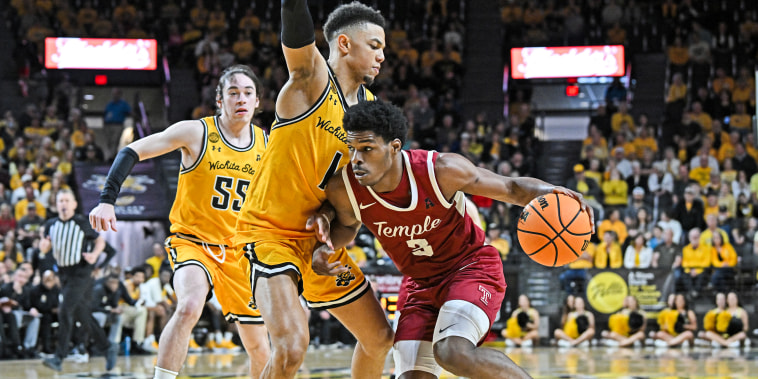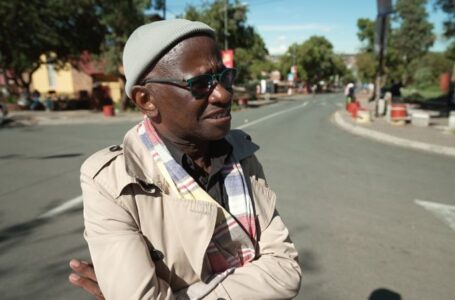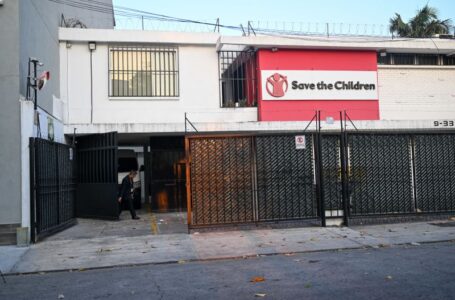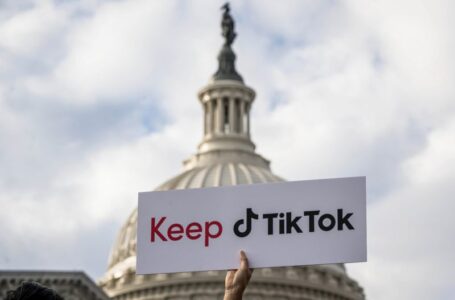Google Cloud’s Web3 Portal Launch Triggers Mixed Reactions in Crypto Community
Temple University reviewing reports of potential match-fixing of men’s basketball game


Temple University said it was looking into reports of match fixing of a Division 1 men’s basketball game.
In a statement Friday, a university representative said it was reviewing the March 7 game between the Temple University Owls and the University of Alabama-Birmingham Blazers at Temple’s Liacouras Center arena in Philadelphia.
‘We are aware of the media reports regarding last night’s men’s basketball game,’ it said. ‘We will review the reports thoroughly in accordance with university and NCAA policies. While we can’t comment any further at this time, we take this matter very seriously.’
In the run-up to Thursday’s 7 p.m. game, UAB opened as a 2.5-point favorite, according to Dave Connelly, a correspondent for betting group SportsGrid.
But the betting line surged to 8 points in favor of UAB within two hours of sportsbooks opening for the game, Connelly said, calling the upswing ‘typically unheard of this late in the college basketball season without any meaningful news or injuries.’
UAB went on to win 100-72. Notably, UAB had 22 more rebounds than Temple — the Owls’ worst rebounding performance since 2019.
A UAB rep told the Associated Press it was declining to comment.
The Blazers’ record is now 19-11, compared with Owls’ 11-19.
U.S. Integrity, a gambling watchdog group, flagged the game as unusual to U.S. casinos, according to Sports Illustrated reporter Pat Forde, citing a statement from an American Athletic Conference spokesperson.
The AAC declined to comment to NBC News beyond noting Temple’s statement. A USI rep did not immediately respond to a request for comment.
There has not been a major gambling scandal in NCAA men’s basketball since an incident involving Boston College and notorious mobster Henry Hill in the late 1970s.
However, the ongoing legalization of, and subsequent influx of interest in, online sports betting in recent years may have increased the likelihood for such an incident to occur again.
In a 2023 NCAA survey of athletic departments, 13% of Division 1 administrators said they had dealt with a gambling or sports wagering problem within the past year, compared with just 4% in 2019. The same survey found 30% of respondents saying they were now extremely or moderately concerned about sports wagering or gambling compared with other compliance issues, versus 20% saying so in 2019.
The report also anonymously quoted some administrators’ profound concerns with the rise of digital gambling and its impact on students.
“Sports wagering is a billion-dollar industry with the resources to influence student athletes to gamble on a daily basis on every market front,’ one said. ‘Institutions do not have the resources or the funding to win this battle.”
“The sheer access of wagering activities available with technology is IMPOSSIBLE to monitor or track,” another said.
A spokesperson for the National Collegiate Athletics Association (NCAA) said the organization could not comment on investigations.
‘The NCAA takes sports betting very seriously and is committed to the protection of student-athlete well-being and the integrity of competition,’ the spokesperson said. ‘The Association works with integrity monitoring services, state regulators and other stakeholders to conduct appropriate due diligence whenever suspicious reports are received. Due to the importance of confidentiality, the NCAA does not comment on current, pending or potential investigations.’











